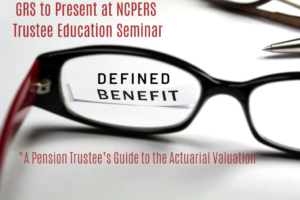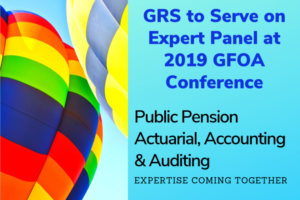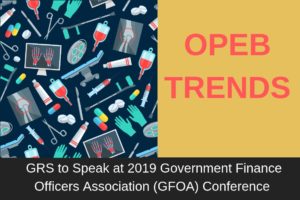Industry News
Limited Expansion of the Determination Letter Program for Individually Designed Plans
On May 1, 2019, the Internal Revenue Service (IRS) issued Revenue Procedure 2019-20 that provides for a limited expansion of the determination letter program for individually designed plans. Under the limited expansion, the IRS will accept determination letter applications for:
- Individually designed statutory hybrid plans – plan sponsors may submit determination letter applications during a 12-month period beginning September 1, 2019 and ending August 31, 2020; and
- Individually designed merged plans – (as defined in Section 5.01(2) of the revenue procedure) plan sponsors may submit determination letter applications for certain merged plans on an ongoing basis.
In Revenue Procedure 2016-37, the IRS closed the determination letter program except for initial plan qualification and for qualification upon plan termination. The IRS later issued Revenue Procedure 2019-4 to provide an “other circumstances” category for which determination letters can be requested; however, the agency did not specify the “other circumstances” that would be applicable.
In addition, Revenue Procedure 2019-20 provides for a limited extension of the remedial amendment period under Section 401(b) of the Internal Revenue Code and Revenue Procedure 2016-37 under specified circumstances, and for special sanction structures that apply to certain plan document failures indicated by the IRS during the review of a plan submitted for a determination letter in accordance with the new revenue procedure.
It is important to note that last year NASRA, NCTR and NCPERS submitted joint comments requesting that the IRS allow governmental plans to voluntarily seek determination letters on a limited scope. Furthermore, in April 2019, the IRS issued Revenue Procedure 2019-19 to expand the Self-Correction Program (SCP) to allow plan sponsors to self-correct certain retirement plan errors without filing a Voluntary Correction Program submission with the IRS, which is available here.
Revenue Procedure 2019-20 is available here.
 GRS Senior Consultant
GRS Senior Consultant  Leslie Thompson, FSA, EA, FCA, MAAA
Leslie Thompson, FSA, EA, FCA, MAAA  Piotr Krekora, ASA, EA, FCA, MAAA, PhD
Piotr Krekora, ASA, EA, FCA, MAAA, PhD